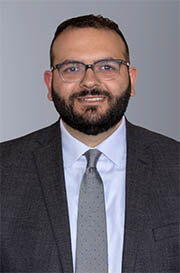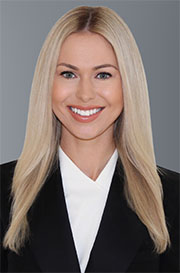Proven New York City Injury Attorneys
At Block O’Toole & Murphy, we know that choosing the right lawyer can make all the difference. We have dedicated our practice to fighting exclusively for personal injury victims in New York and have recovered over two billion dollars* for our clients. We are extremely proud of the results that we have obtained and look forward to sharing them with you.
Meet our attorneys by following their profile links below:
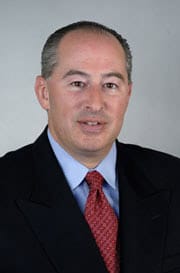
Jeffrey A. Block
Daniel P. O’Toole
Stephen J. Murphy
S. Joseph Donahue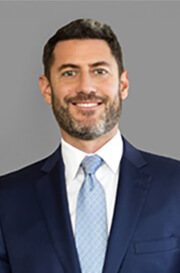
David L. Scher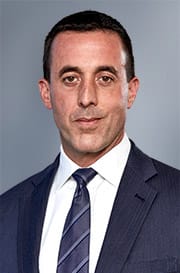
Scott Occhiogrosso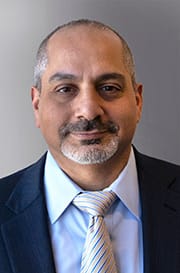
Frederick C. Aranki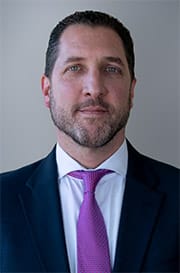
Michael J. Hurwitz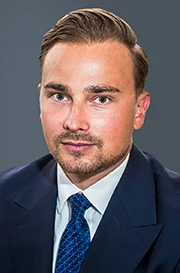
Pawel P. Wierzbicki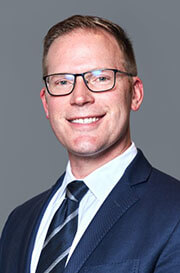
David Smith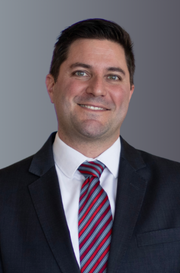
Christopher Soverow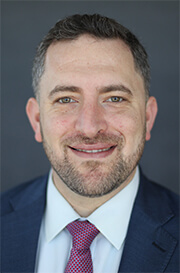
Joshua Stern
Christina Mercado
Kristian Krober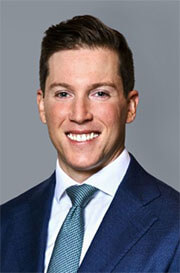
Aaron Fishkin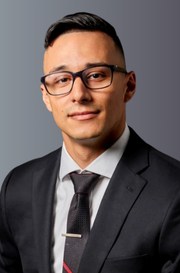
James Coscia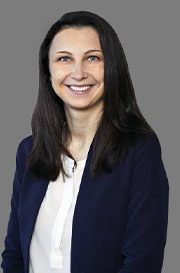
Olga Baginski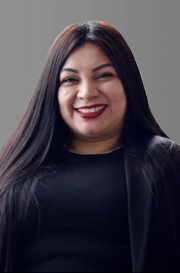
Gabriela Pulla
Cameron McCrum
George Freitag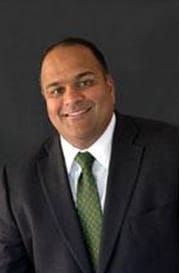
Ravi Sattiraju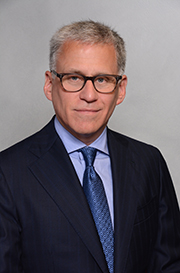
David B. Lever
Whether you have been injured in a construction site accident, been harmed in a car or tractor-trailer accident, suffered due to medical malpractice or experienced some other type of personal injury, the New York City personal injury lawyers at Block O’Toole & Murphy will give you the personal attention you deserve.
Contact us by calling 212-736-5300 or complete our online form to schedule a FREE, no-obligation consultation.
To schedule a FREE initial consultation with one of our experienced injury lawyers, call Block O’Toole & Murphy at 212-736-5300, or contact us online today. There is no fee unless we win your case.
Se habla español | Мы Говорим по-Русски | Mowimy po Polsku
*Prior results do not guarantee a similar outcome.


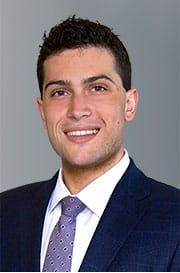 Daniel M. Seiden
Daniel M. Seiden